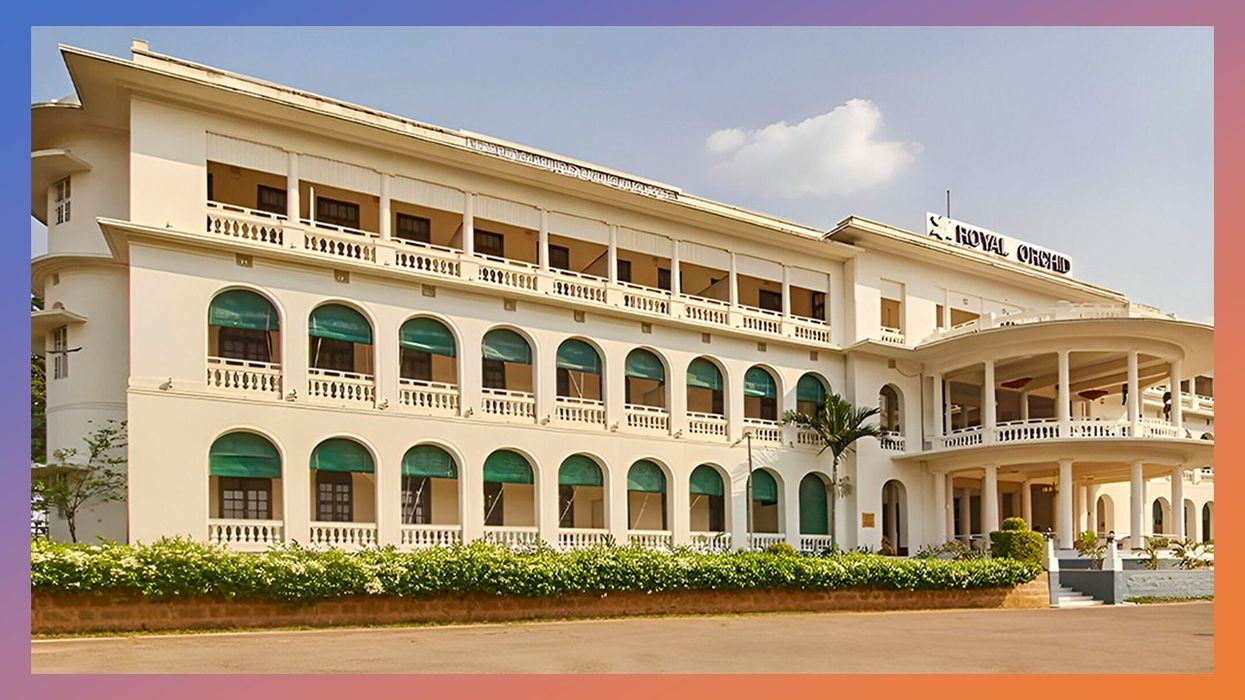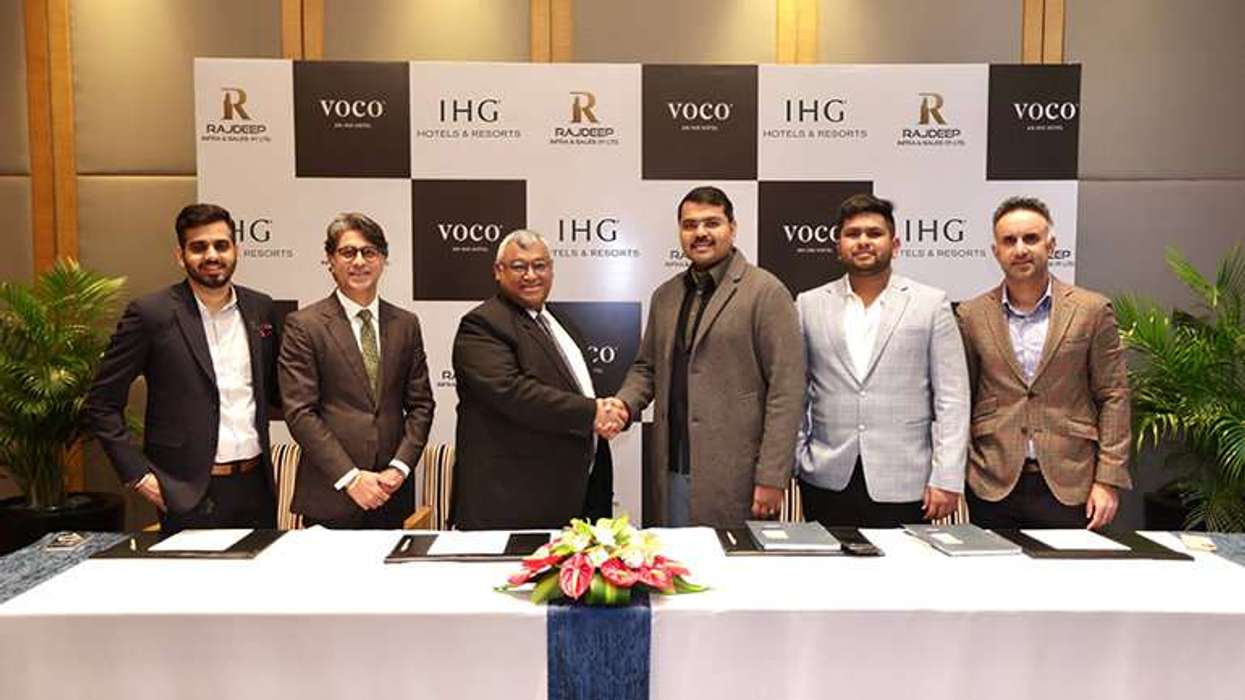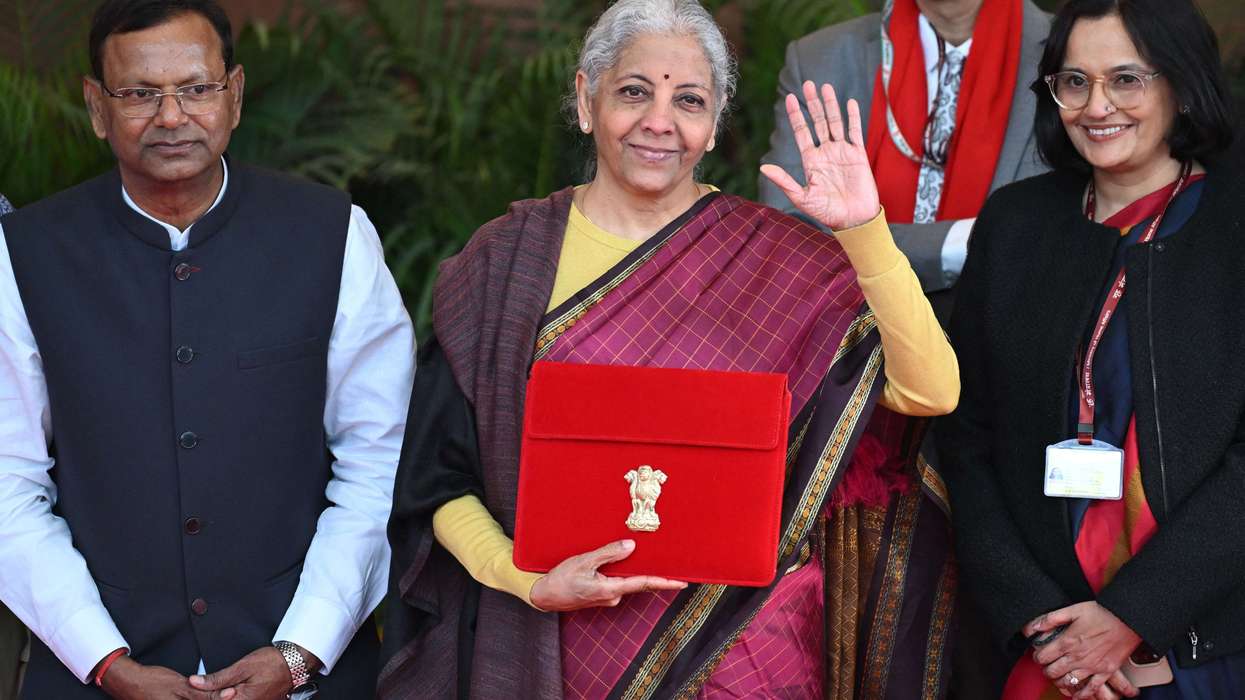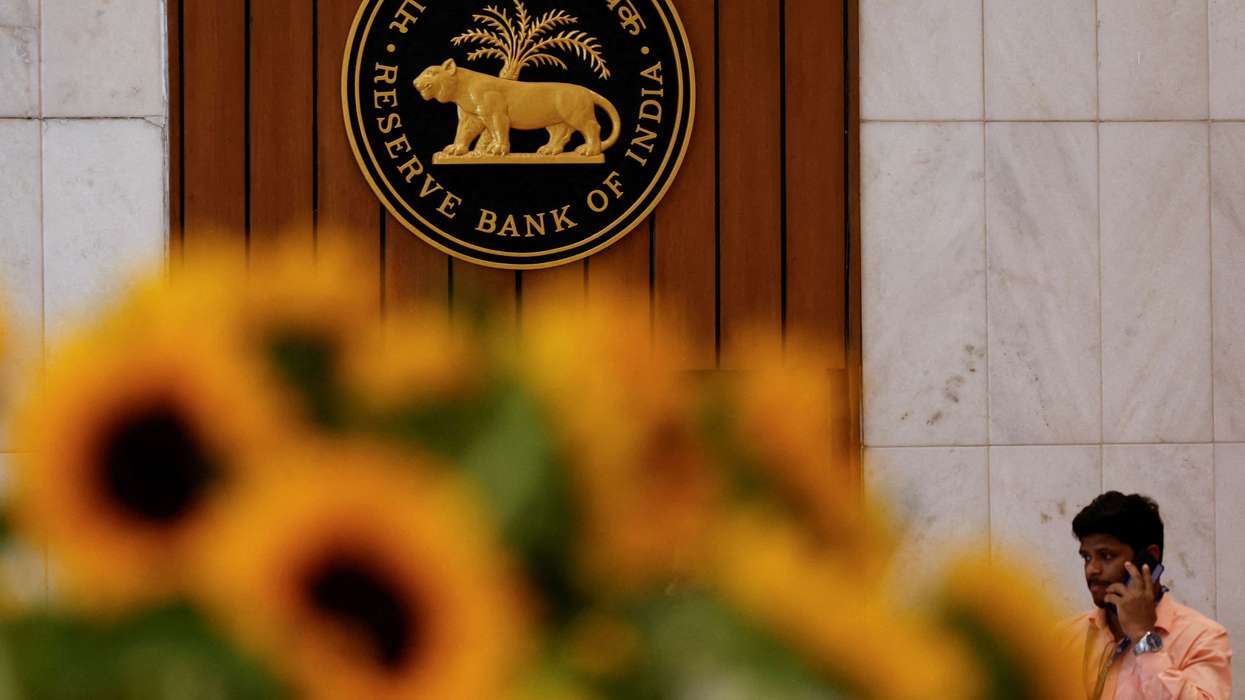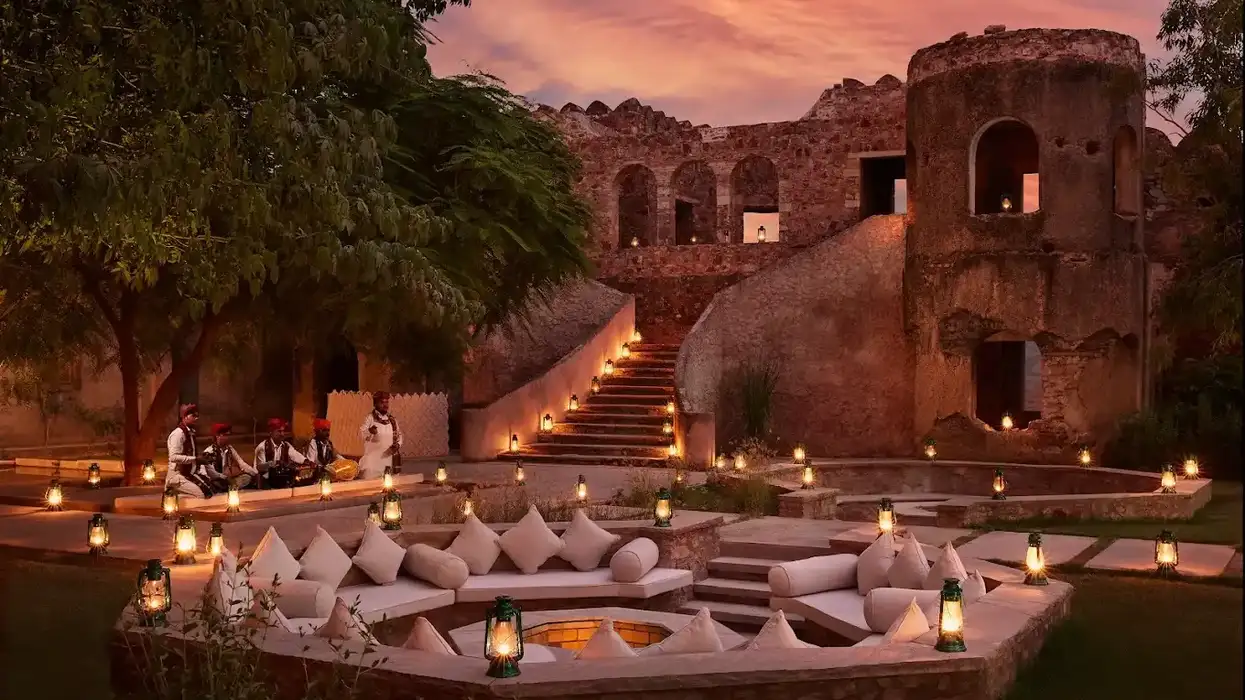FLEXIBLE SUPPLIER CONTRACTS and cost-effective cloud solutions provide homegrown mid-segment hotel brands in India a competitive edge over international counterparts, according to a recent study by Hotelogix, a cloud-based hospitality technology provider. The paper notes that Indian brands understand local culture and traditions better than international ones.
Hotelogix’s whitepaper, The Rise and Rise of India's Home-grown Mid-segment Hotel Brands, revealed that domestic mid-segment brands control about 60 percent of India’s total branded rooms. These brands are leveraging management contracts and franchise models as growth strategies, gaining an edge over international chains. Also, homegrown brands with smaller inventories can expand rapidly in cities with populations between 10,000 and 99,999, where 80 to 85 percent of demand is domestic, making it difficult for international brands to establish operations.
“Hotelogix works with small, large, and growing domestic hospitality enterprises,” said Aditya Sanghi, CEO of Hotelogix. “This enables us to understand their opportunities and challenges while competing with international rivals. Our white paper aims to engage industry professionals in exploring strategies to help homegrown brands scale.”
Despite the appeal of global names, homegrown brands have thrived in recent years, demonstrating resilience in India’s competitive hotel industry. Homegrown brands also have the advantage of offering customized services based on guest needs, unlike international brands that often rely on size and less flexible policies.
The study highlighted that mid-scale homegrown brands can integrate local culture and cuisine, creating differentiated guest experiences. In this area, they sometimes outperform larger international players.
Philip Logan, COO of Royal Orchid Hotels, said domestic brands can quickly adopt world-class, home-grown hospitality technology solutions.
“These cost-effective solutions are better suited for Indian markets, whereas international brands face limitations due to global policy uniformity,” Logan said. "Access to cost-effective, made-in-India solutions like Hotelogix is a significant advantage for homegrown mid-segment hotels."
The report also found that domestic brands, with a better understanding of the local ecosystem, can quickly create value and profit for hotel partners.
In smaller cities, property owners and travel agents are more likely to partner with growing domestic mid-segment brands, which offer personalized experiences and flexible service inclusions.
“In 2023, domestic mid-market brands accounted for 66 percent of new hotel openings, with 53 percent in tier III and IV cities,” said Aryavir Kumar, The Clarks Hotels & Resorts’ managing director.
Vikramjit Singh, founder and CMD of Alivaa Hotels and Resorts, said that about 70 percent of hotels signed in 2023 were domestic brands, with an average of 70 rooms per property. However, the paper found challenges for domestic brands in attracting and retaining employees. Retaining staff can be difficult due to the perceived stability, higher remuneration, and benefits offered by international chains.
Expanding in larger cities is particularly challenging for homegrown brands, as metros are saturated with established international chains that have strong brand presence and customer loyalty.
“Global brands pose a challenge for domestic players in terms of talent acquisition and retention,” said Jaideep Ahuja, Ahuja Residency’s managing director and CEO.
Despite these challenges, the outlook remains positive, with the Indian hotel market projected to reach $47.5 billion by 2030. The white paper positions domestic mid-segment brands as key players in the future of India’s hospitality industry.
The study also found that competing with established global brands can be overwhelming for homegrown brands, particularly when attracting high-value customers.
Data reflected a 70 percent surge in contracts for domestic hotel brands, further positioning them as future leaders in the evolving hospitality landscape.
A recent study commissioned by Wyndham Hotels & Resorts revealed that Indian couples are seeking new wedding locations and planning large, personalized celebrations. The company surveyed 1,000 recently engaged or married individuals across India to promote its 60 hotels in the country.
